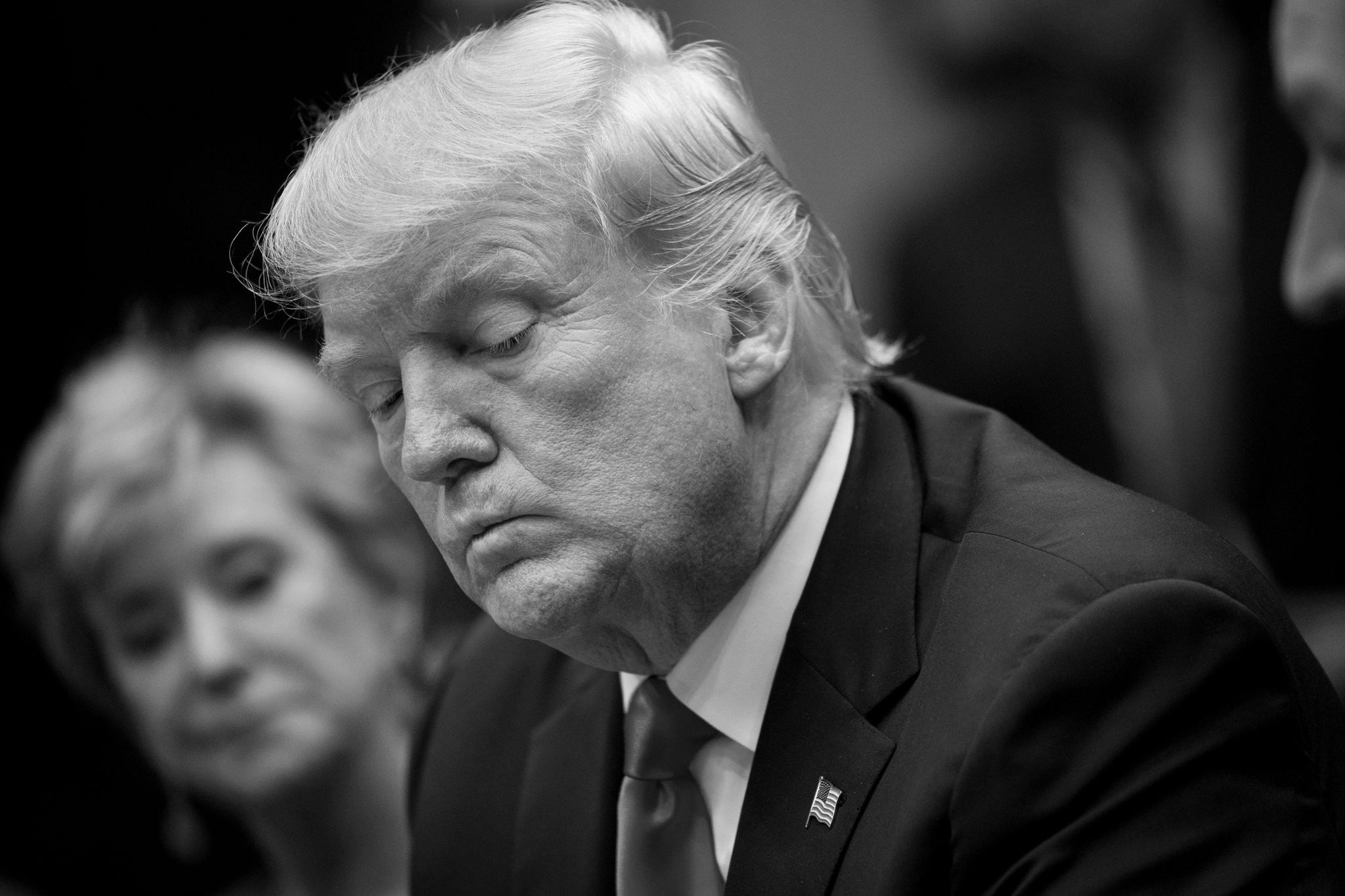How trade disputes between America and China can change the global economy
The state of world trade market is in danger as the rise of trade disputes between America and China intensify. As both economies the most prominent producers and consumers in the world economy, their trade disputes could end the possibility of the free trade as we know it. China’s policy for foreign companies and their factories are heavily regulated and are forced to give up some intellectual property for them to thrive in the market. This put America in a disadvantageous state of trade, and other countries were benefitting from American intellectual property. As a result, Trump proposed the bilateral investment agreement which serves as a method to disavow free trade and have a country by country agreement on trade terms. The abandonment on the WTO is possible as seen by the departure of NAFTA.
Why is Trump doing this? In Congress, House Ways and Means Committee Chairman Kevin Brady issued a statement defending the WTO, even while agreeing with Trump’s stated attempt to strike a better deal for American workers. “I strongly believe that our current trade agreements – including the WTO – have been successful for Americans because these agreements establish a firm rule of law to hold our competitors in check and open markets for us to sell our goods, services, and farm products. However, I agree with President Trump that we should improve our trade agreements to make them better serve Americans workers.” Trump disagrees with the regulation that the WTO enforces; as a result, he wants to reevaluate individual trade agreements that could benefit the American worker.
Another reason for America’s trade dispute with China is for economic superiority in the global economy. Due to their similarity in economic resources and the fact that America is experiencing an economic upturn, the Trump administration believes that it can succeed through any fallout from this economic battle. The plan to institute tariffs on steel is a bet on who suffers losses more since China will have to combat that tariff with their own. America is willing to suffer short-term loss for long-term gain by betting on the fact that China will need their resources more whether it be physical or intellectual (foreign companies wanting to get involved in the Chinese economy). They will need to negotiate on trade terms in the bilateral investment treaty in their next meeting.
Though the two countries are in a trade dispute, they do have common ground on one subject, which is the fact that they do not want the currency of China to depreciate even further. According to reports, the RMB has reached an exchange rate of seven to a dollar. By having the currency cheap, exports are less valuable because of the decline in the value of the money which would give China an advantage in trade. Also, it would nullify the tariffs imposed by Trump on steel and aluminum, which possibly implies that China has manipulated the value of their currency. People also have to be aware that if the currency continues to depreciate, the tariffs imposed by Trump will also increase to avoid its nullification due to the devaluation of RMB. As a result, this could have a negative effect on the labor force because traders will have to account for that tariff. Keeping in mind that the Chinese economy’s growth has steadied a bit, the meeting between Trump and Xi Jinping next month will be vital for the future of the global economy as the two economics conglomerates will discuss trade terms among this dispute. The two countries will certainly discuss the decline in value of the Chinese currency and find common ground in finding a way to make the RMB a more robust currency again. We also have to keep in mind that the that the relationship these two countries share could completely shift the prosperity of the global economy if the meeting goes wrong.
Featured Image- NYTimes
The picture shows Donald Trump in office.
by Patrick Du

